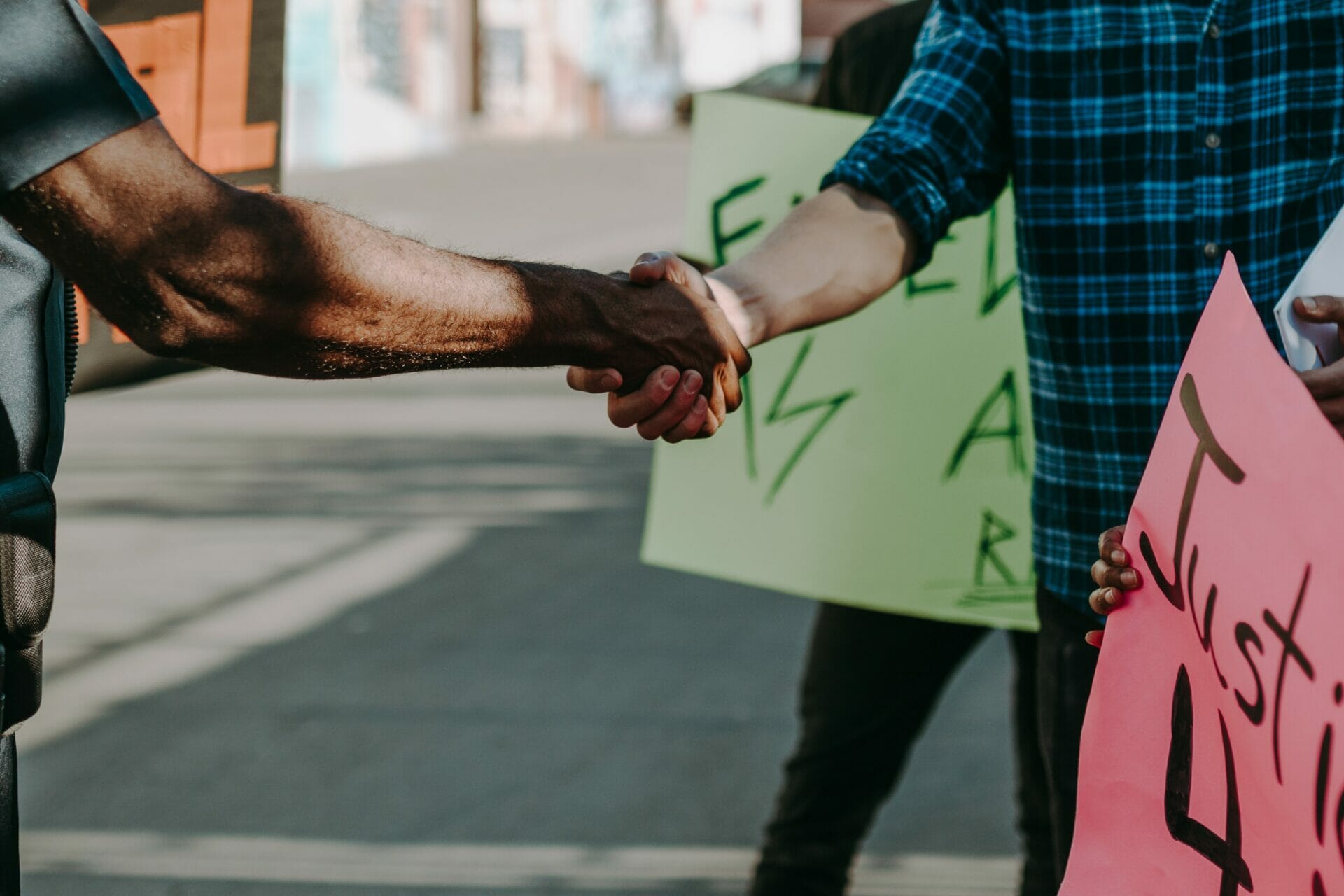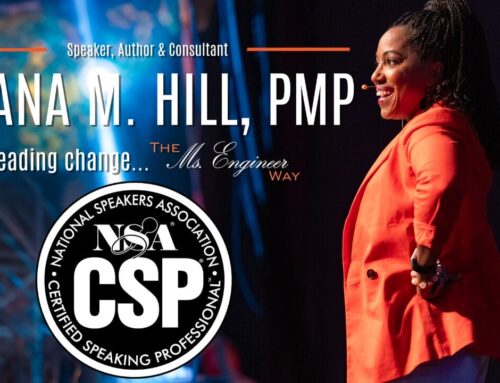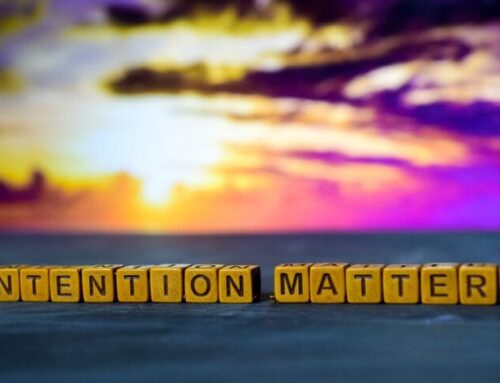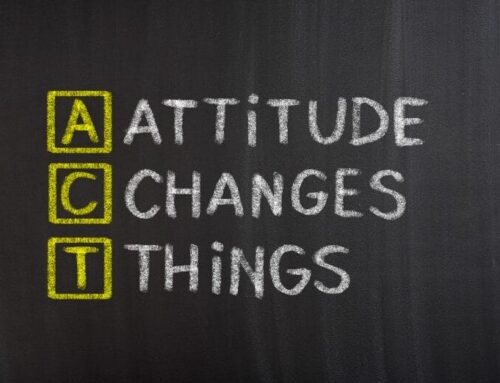As Black History Month comes to an end, I wanted to share an important resource for advancing equity and anti-racism in organizations. The Conversation, by social psychologist Dr Robert Livingston, is a guide to jump-starting dialogue on racism and bias, and to ultimately transform well-intentioned statements on diversity into concrete actions. In his book, which is based on decades of research and lived experiences, Dr Livingston advocates for a powerful combination of facts and feelings (empathy) based on the three pillars of education, conversation, and action.
When we start ‘seeking and speaking the truth about racism’ we can start having more conversations that lead to more understanding and less discrimination. The conversation piece is the vital connector. It helps to turn the data into feelings — “social change won’t happen without social exchange”.
In his book, Dr Livingston — a lecturer in public policy at the Harvard Kennedy School — unpacks his PRESS intervention model (Problem Awareness, Root-Cause Analysis, Empathy, Strategy, Sacrifice). When I took Dr Livingston’s class at Harvard, I was immediately struck by the inclusion of empathy right in the heart of this model. I’m well acquainted with this important emotional tool, through my own experiences of both being met with empathy and utilizing my own empathy to navigate difficult situations. Combined with my ongoing studies in emotional intelligence and the work I do with my clients, not just in DEI but also in change leadership, I can’t overstate the importance of empathy in advancing understanding.
By now we are all familiar with the concept of empathy – in recent years it’s gone from being a minor ‘soft skill’ to an increasingly mainstream and sought after leadership capability. But what is its role in achieving equity?
For Dr Livingston, empathy is related to sacrifice. Do you care enough to actually do something about it? And doing something about it means sacrifice. Are you willing to invest the time, effort, energy, and resources — especially when the going gets rough? These are important questions — and conversations.
Can empathy be taught?
The short answer is yes. Like any skill, it needs deliberate and regular practice. As humans we are wired for empathy. Our neural networks are set up to interact with the neural networks of others. Society needs empathy for connection, but also diminishes it with notions of individualism. We are managing a tension between thinking only of ourselves, and thinking of others.
Roman Krznaric, author of Empathy: Why it Matters and How to Get It, says empathy is a skill that you can learn, like riding a bike or driving a car: “It’s easier to develop the cognitive capacity to make that imaginative leap into someone else’s perspective.”
Being able to make that leap is also a trigger for action. Many organizations face one of two kinds of impasses when it comes to taking action on equity: all talk and no action or jumping into action without first seeking understanding. This is why the education and conversation piece that Dr Livingston talks about is so important.
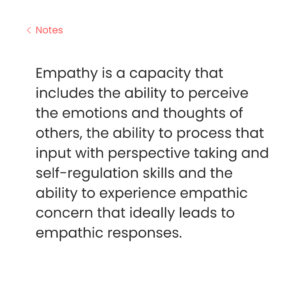
Five ways to practice empathy
- Seek out new perspectives and experiences
- Make an effort to emotionally connect with people
- Acknowledge your biases
- Don’t be afraid to try – this is how we learn
- Ask how someone is and actually listen to the answer.
Three ways to inspire empathy
- In your interactions, consider how the people around you respond to information. Do they need data? Personal stories? Are they motivated by a sense of obligation?
- Think about other vehicles for empathy — things like virtual reality and fiction (novels, movies) have been shown to be effective in building real empathy responses.
- Use empathy to understand why there is resistance to change. Identifying root causes of behavior does not mean excusing them — use what you learn to start a dialogue.
And finally… have hope
Dr Livingston believes equity is a solvable problem. I love the distinction Dr Livingston makes: Corporate leaders may not be able to change the world, but they can certainly change their world.
📷 Picture credit: Rodnae Productions

